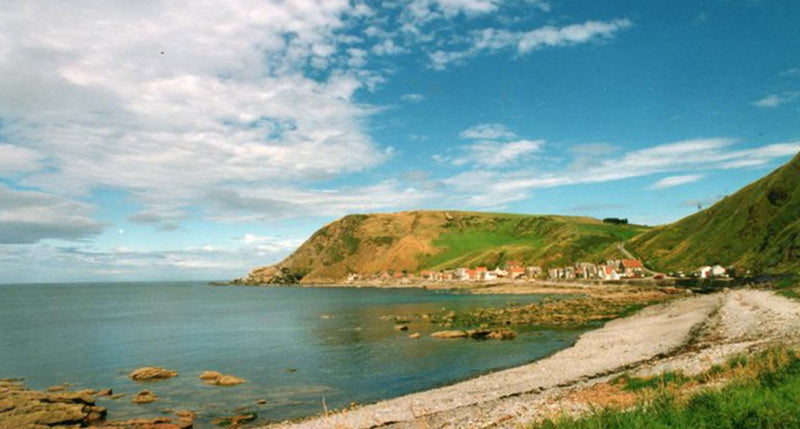Clan History, Clan Infomation
Troup Clan History
The surname Troup is of territorial origin, coming from the manor of Troup in the parish of Gamrie in Banffshire. It is said that the Troup of that Ilk line ended when the heiress married one of the younger sons of Keith, Earl Marischal. Mentions in an Ayrshire charter, circa 1370-1380, of a John of Trowpe and his half-lands suggest that there may have been lands of this name also in this region.
By signing the Ragman Roll in 1296, along with a number of other Scottish nobles, Hamund de Troup pledged his allegiance to England’s Edward I. Hamund’s seal bears a hawk on the ground; crescent and star, and his name as S’ Hamlin de Trvp.
Attacks by Sir Duncan de Ferindraute against Hamelyn de Trup ‘le fiz’ between 1304 and 1305 were reported to Edward I. In 1320, a number of people were accused of treason at the ‘Black Parliament’ in Scone, including a Hamelin de Troupe. In 1332, a succeeding Hamelin de Troupe, or Truppe, had provision of a canonry and prebend of Aberdeen, and thirteen years later, in 1345, Hamelin’s request for a church in Inchebrioc, in the diocese of St. Andrews, was granted.
The son and heir of quondam John de Troup, William de Troup, gave the lands of Craigy in the Mearns, in 1357, to John Gray of Broxmouth.
In 1538, Thomas Troup was a burgess of Linlithgow, and there is a record of a Richard Troup, macer, in 1561. Gordon of Rothiemay mistaken affirmed that his contemporary “Martin Harperson Trumpe, the admirall of Hollande, was the son of a Scottish father, one Harper, borne at Peeterheade in Buchaine”.
Other recorded versions of the surname Troup include Trowpe and Trupe.

